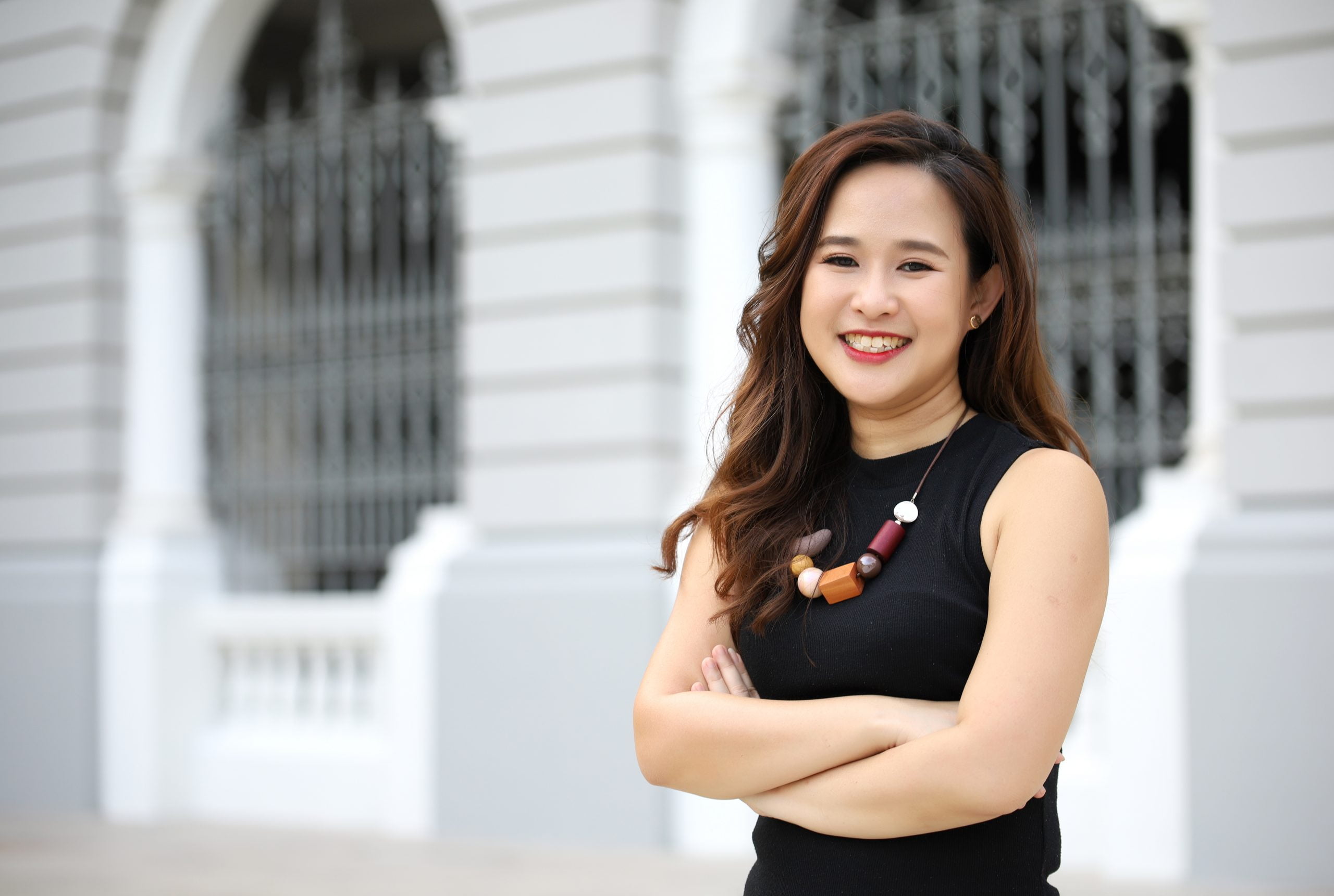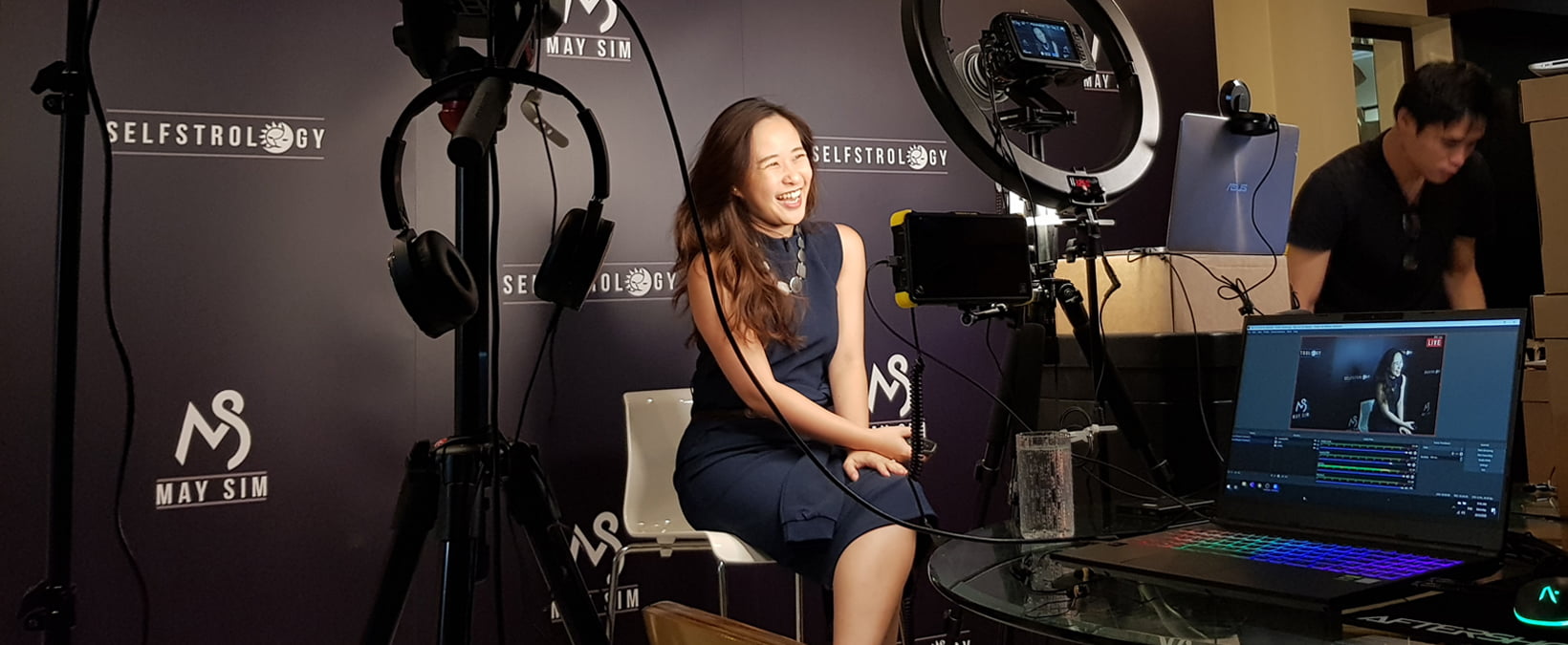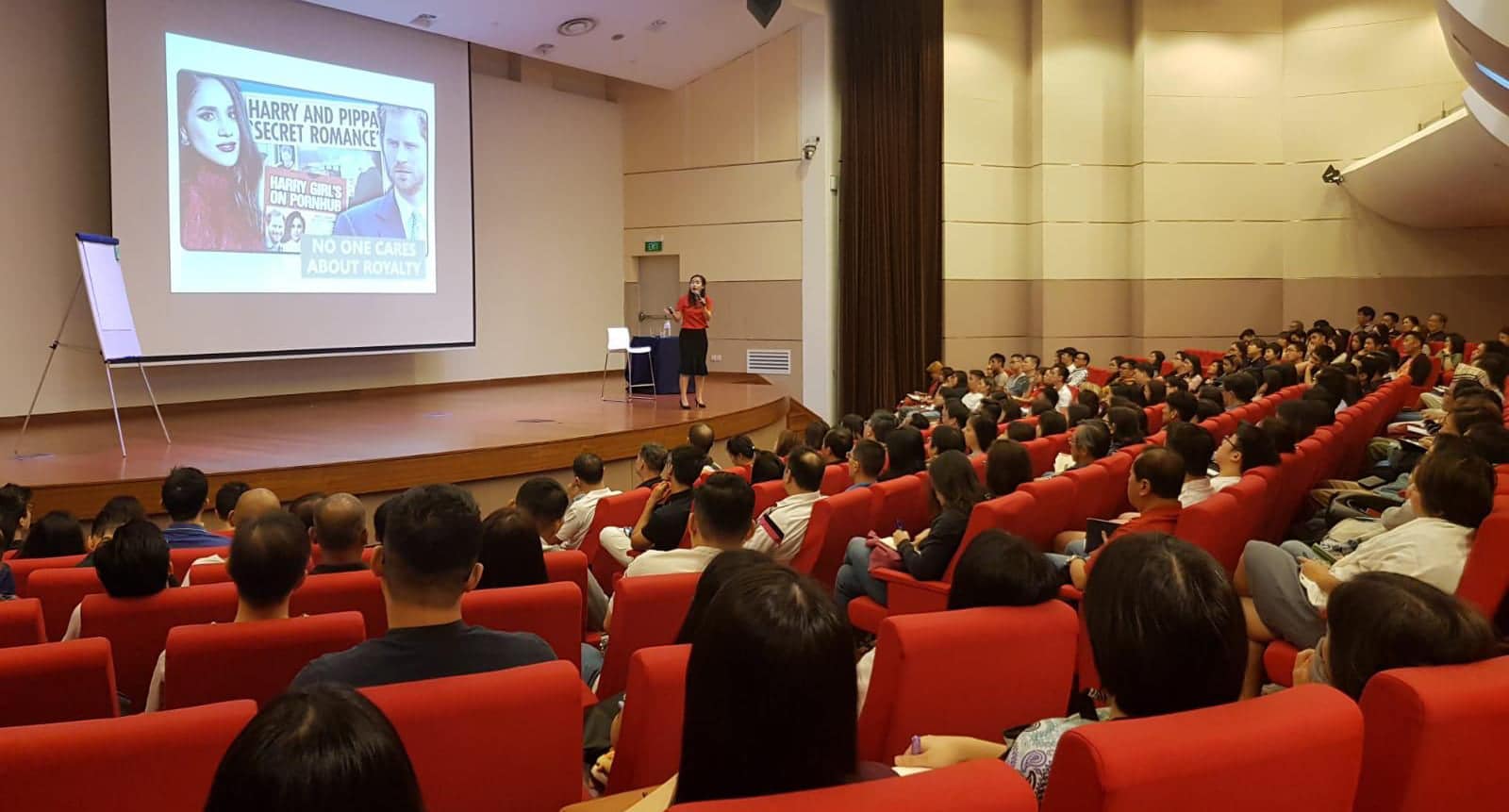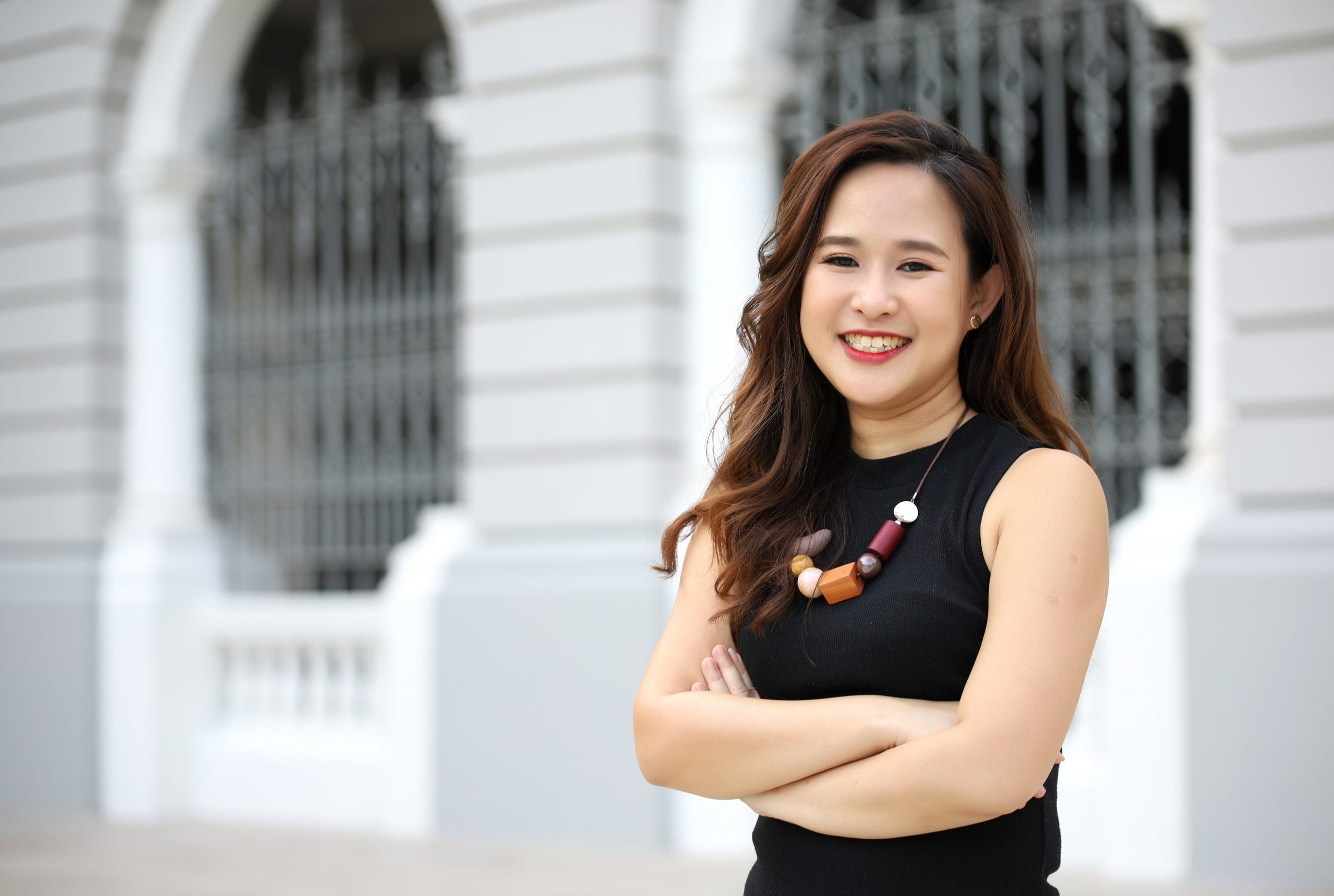May Empowers People to Create & Embrace the Life They Are Meant to Live

What’s your story?
I knew I wanted to make astrology my career so I searched the world for mentors and good educational institutions. I ended up enrolling in and being the first Asian to graduate from the International Academy of Astrology in Cleveland, Ohio. In 2014, I began Selfstrology Academy, a western astrology consultancy and academy — one of very few in Asia. The existence of Selfstrology means others in the region will have the education and guidance I didn’t have.
What excites you most about your industry?
Being classified as an “unusual” industry, we have a lot of room to achieve success by exploring themes outside the boundaries of other similar industries such as MBTI, DISC profiling, traditional, Chinese, and Indian astrology, psychology, counselling, and coaching. Our courses are never about learning astrology, but about personal transformation. It goes way beyond just extracting information about people, it’s about empowerment and creating a life of meaning and purpose.
What’s your connection to Asia?
I was born and raised in Singapore. I believe my Asian background allows me to bring a new perspective to western astrology that’s unique from those of my peers in the west. Given that the nature of Psychological Astrology produces an astrology chart assessed on its own merits rather than on conventional biases, such as education level, nationality, or age, I like to think I am an ambassador for genuine global individualism: respecting people for who they are, without bias.

Favourite city in Asia for business and why?
Kuala Lumpur. There are many cultural similarities between Singapore and Kuala Lumpur, but Malaysians have resilience and hunger that few Singaporeans can boast.
What’s the best piece of advice you ever received?
“Stop trying to get there. The day you arrive, it goes downhill thereafter.” As a young entrepreneur desperate for success, I was highly self-critical about not being “there.” The realisation that the process of “each step leads to the next” was ground-breaking for me when I realised that our achievements are only truly assessed at the end of our lives, and we do best by simply planning for the next step rather than for what is only a superficial and temporary definition of “success.”
Who inspires you?
Lee Kuan Yew. He is already known for his immense resilience, dedication and foresight that he has contributed to Singapore, but what impressed me most about him was that he always had a wry smile and often acknowledged that he could never rest on his laurels. I think it requires a massive character to maintain humility when you have achieved so much.

What have you just learnt recently that blew you away?
I have learned that true entrepreneurship is about solving the world’s problems. It takes a big heart and decades of effort to get anywhere close to tackling many underlying issues in the human world. The potential outcome has to be big enough to justify a lifelong dedication to a cause.
If you had your time again, what would you do differently?
I would have learnt kindness sooner. I was always very results focussed, so I have been guilty of bull-dozing people in my quest to get things done quickly. I think it will be a lifelong learning lesson for me, but I do wish I had learnt to appreciate people sooner.
How do you unwind?
I really like mobile games, especially those adapted from board games. It allows me to switch off from being in a constant “on” mode, and, as in my work, I am always learning from the endless strategies in each game. I also really like chatting with my husband. I think a good conversation with a spouse is severely underrated in society.
Favourite Asian destination for relaxation? Why?
I really liked Bohol, Philippines when I was there more than 10 years ago. As a city-born Singaporean, I really appreciated their small-town hospitality and genuine eagerness to show me the best of what their homeland had to offer. It’s a pity that Southeast Asian charm is sometimes ruined by tourism and commercialism.
Everyone in business should read this book:
“Ender’s Game,” by Orson Scott Card. It might be unusual to recommend a work of fiction, but I think this book explores out-of-the-box thinking, as well as deeper themes of the consequences of leadership decisions, in ways that non-fiction cannot accomplish.
Shameless plug for your business:
Astrology is no longer mindless horoscopes and ridiculous “sun sign compatibility.” Reaching far beyond conventional profiling techniques to uncover crucial information about behaviour, mindset and life purpose, our programmes are never about astrology but about living your life to fulfil a meaningful purpose. Our students and clients include judges, C-level executives, engineers, architects, and participants from many other professions who have called our programmes “transformative,” “insightful,” and even “life-changing.”
How can people connect with you?
For insightful astrological analysis on economies, psychology and behaviour, check out my Youtube channel and our Psychological Astrology programmes can be accessed at www.selfstrology.com.
—
To hear how entrepreneurs around the world overcome their challenges, search your favourite podcast platform for ‘CallumConnects’ to hear a 5-minute daily breakdown.

Callum Laing is an entrepreneur and investor based in Singapore. He has previously started, built, and sold half a dozen businesses and is now a Partner at Unity-Group Private Equity and Co-Founder and CEO of MBH Corporation PLC. He is the author of three best-selling books ‘Progressive Partnerships’, ‘Agglomerate’, and ‘Entrepreneurial Investing’.
Connect with Callum on Twitter and LinkedIn
Download free copies of his books at www.callumlaing.com
For the original article, see: https://www.asianentrepreneur.org/may-sim-founder-of-selfstrology-academy/





